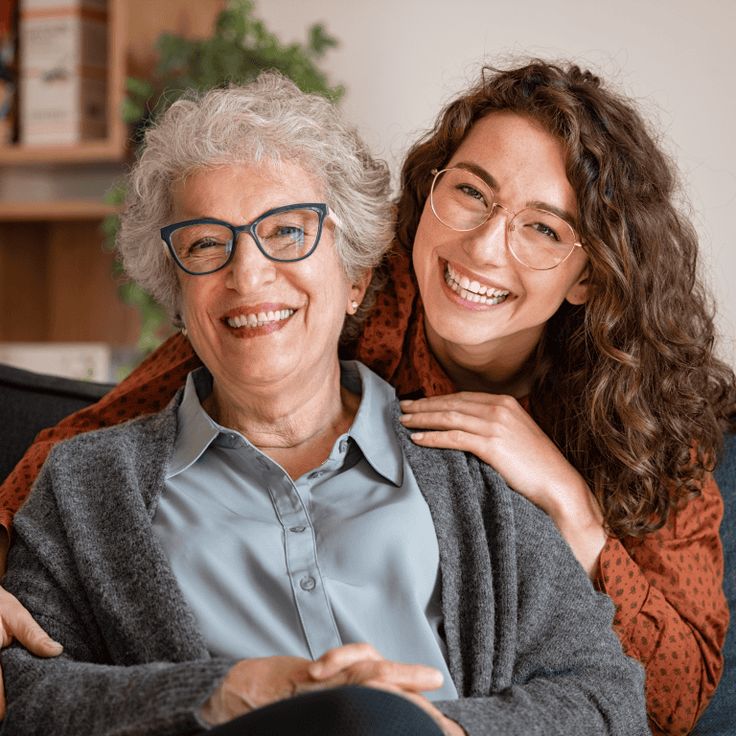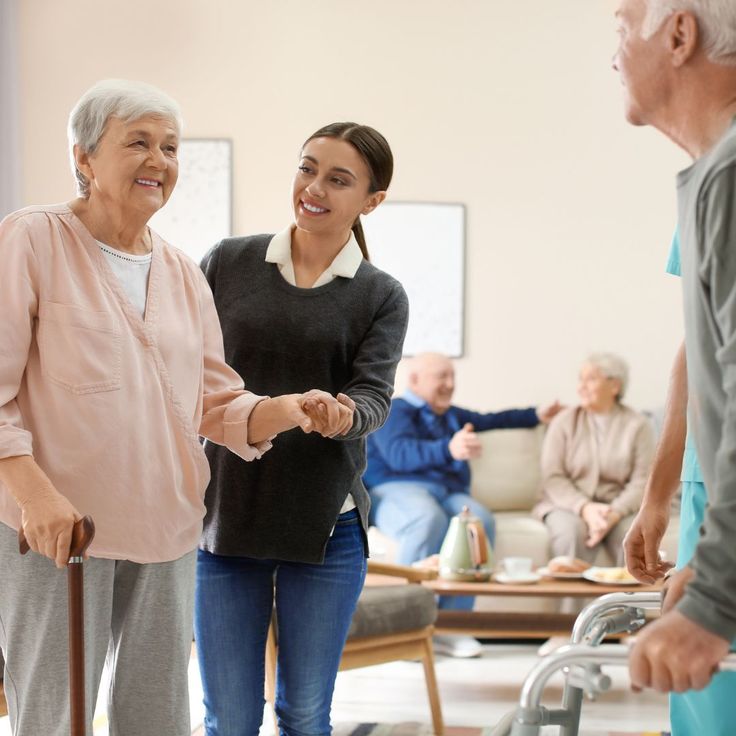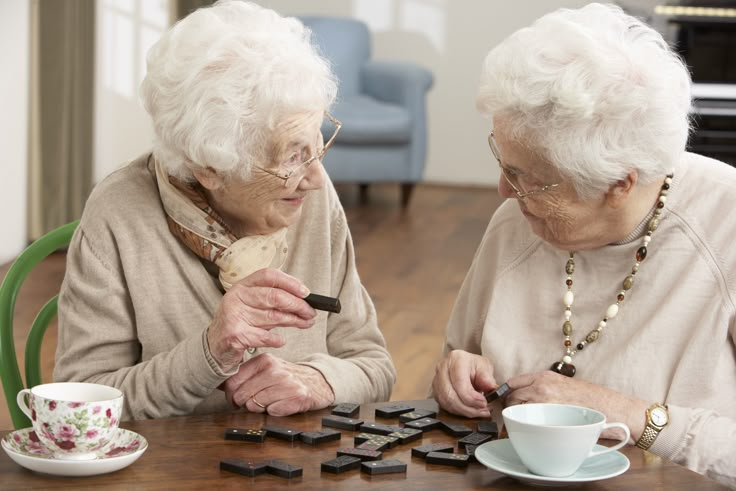
Anti-Aging Tips For Older Adults, Imagine this: Imagine two seventy-year-olds entering a doctor’s office. One is active, mentally alert, and takes only a few necessary drugs.
The other depends on a long list of prescriptions, has several chronic diseases, and finds mobility difficult. What is the distinction? Years of tiny, regular practices accumulating over time.
Aging is about making every year matter, not about skipping birthdays. Although we cannot stop the aging process, we may slow it down, extend our health span, and enhance our quality of life.
The secret? Daily routines of everyone can include science-backed techniques.
Whether you are a carer for a loved one or an older person, this book will enable you to confidently negotiate healthcare and longevity. Let’s get started!
Imagine healthcare as vehicle maintenance. Would you wait for your engine to explode before receiving an oil change? Most likely not. Aging follows the same reasoning. Regular check-ups, screenings, and vaccines stop minor illnesses from becoming significant health concerns.
Yearly physicals: Routine check-ups will help you track blood pressure, cholesterol, and other important health indicators.
Immunizations: Keep current on pneumonia injections, shingles immunizations, and flu shots.
Screenings for cancer: Regular tests for lung, breast, prostate, and colorectal cancer can discover cancers early when they are more curable.
Tests of bone density: Though quiet, osteoporosis can cause crippling fractures. Screen to maintain strong bones.
Vision and hearing tests: Sensory loss impacts safety, cognitive ability, and balance, handle it before it becomes worse.
Proactive health care helps you or your loved ones stay independent for longer and cuts hospital visits.

Anti-Aging Tips For Older Adults, Medications can be either a cause of great misunderstanding or life-saving. Common among elderly people, polypharmacy, the use of several drugs, increases the likelihood of hazardous drug interactions.

Make your list simple: Consult your physician to stop taking unneeded drugs.
Consider a pill organizer: A straightforward weekly planner might help to avoid missed doses.
Establish reminders: Smart devices or phone alerts can assist guarantee timely medicine use.
Check medications often: To guarantee they are still required, drugs should be examined at least once a year.
Inquire about side effects: Talk to your doctor about alternatives if a drug causes you nausea, tiredness, or dizziness.
Controlling drugs implies less hospital visits, falls, and an improved quality of life.
Were exercise a medicine, it would be the most potent anti-aging medication on the market. Movement maintains healthy hearts, keen brains, and powerful muscles.
Strolling: A daily 30-minute walk lowers the risk of heart disease and lifts mood.
Weight training: Even with body weight, resistance workouts help to increase metabolism and stop muscle loss.
Exercises in balance: Tai chi and yoga enhance coordination and lower fall risk.
Stretching: Flexibility maintains mobility and pain-free joints.
Enjoyable pursuits: If you enjoy dance, gardening, or swimming—you will remain with it!
Consider exercise as an investment in future mobility and independence rather than a duty.

Anti-Aging Tips For Older Adults, Forget about fad diets; for good aging, science advocates a balanced approach to nutrition.

Give protein top priority: Aging hastens muscular loss. Foods high in protein, fish, eggs, legumes, and lean meats, help preserve muscular mass.
Stock up on plants: Longer lifespans are connected to the Mediterranean diet, which is high in fruits, vegetables, whole grains, and good fats.
Keep yourself hydrated: With age, dehydration creeps up. Try to drink 6 to 8 glasses of water each day.
Reduce processed foods: Ultra-processed foods cause chronic disease, obesity, and inflammation.
Be mindful of your gut: Yogurt, kimchi, sauerkraut, probiotic foods, help digestion and immunity.
Eating wisely powers energy, cognitive function, and longevity, no magical pills needed.
Bad sleep speeds up aging, compromises immunity, and raises dementia risk. Many elderly people, however, battle sleep.
Follow a schedule: Sleep and rise at the same hour every day.
Reduce late-night alcohol and caffeine consumption: Both interfere with sleep patterns.
Establish a sleep-friendly environment: Maintain a calm, dark, chilly room.
Let in natural light: Daytime sunlight exposure controls melatonin synthesis.
Use relaxation strategies: Reading or meditation might aid indicate bedtime.
One of the most underappreciated longevity tools is a good night’s sleep.


Cognitive decline is not unavoidable. Like a muscle, your brain needs consistent workout.
Acquire New Abilities: Playing an instrument, learning a new language, or picking up painting keeps neurons functioning.
Remain Social: Loneliness is as dangerous as smoking fifteen cigarettes daily. Interact with community groups, family, or friends.
Test your mind: Strategy games, Sudoku, or crossword puzzles help preserve cognitive function.
Control stress: Chronic stress speeds up brain aging. If required, use therapy, deep breathing, or mindfulness.
A cognitively active existence helps to keep the mind strong and delays cognitive deterioration.
Anti-Aging Tips For Older Adults, Caring for an elderly loved one is both gratifying and difficult. Burnout is genuine, and self-care is not selfish; rather, it is absolutely necessary.
Establish limits: It’s fine to decline and request assistance.
Look for assistance: Talk to a professional or join caregiver support groups.
Give your health top priority: To keep your well-being, sleep, exercise, and good eating.
Rest: There are respite care services; use them as needed.
Keep order: Maintain medical records and calendars in order to lower stress.
A good carer is one who is healthy.


Aging is a gift, not a curse. Whether it’s giving check-ups top priority, being active, eating healthy, or keeping our minds occupied, we can all add more years to our lives and more life to our years by following tiny, steady actions.
Whether you’re a carer for a loved one or an older adult maximizing your health, remember that longevity is about making every year count, not only about adding years. Keep curious, keep proactive, and above all, keep involved in the process of aging properly.